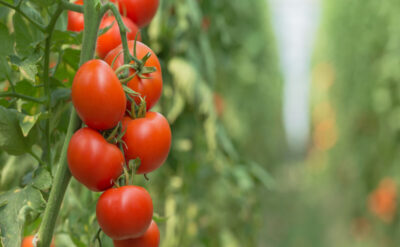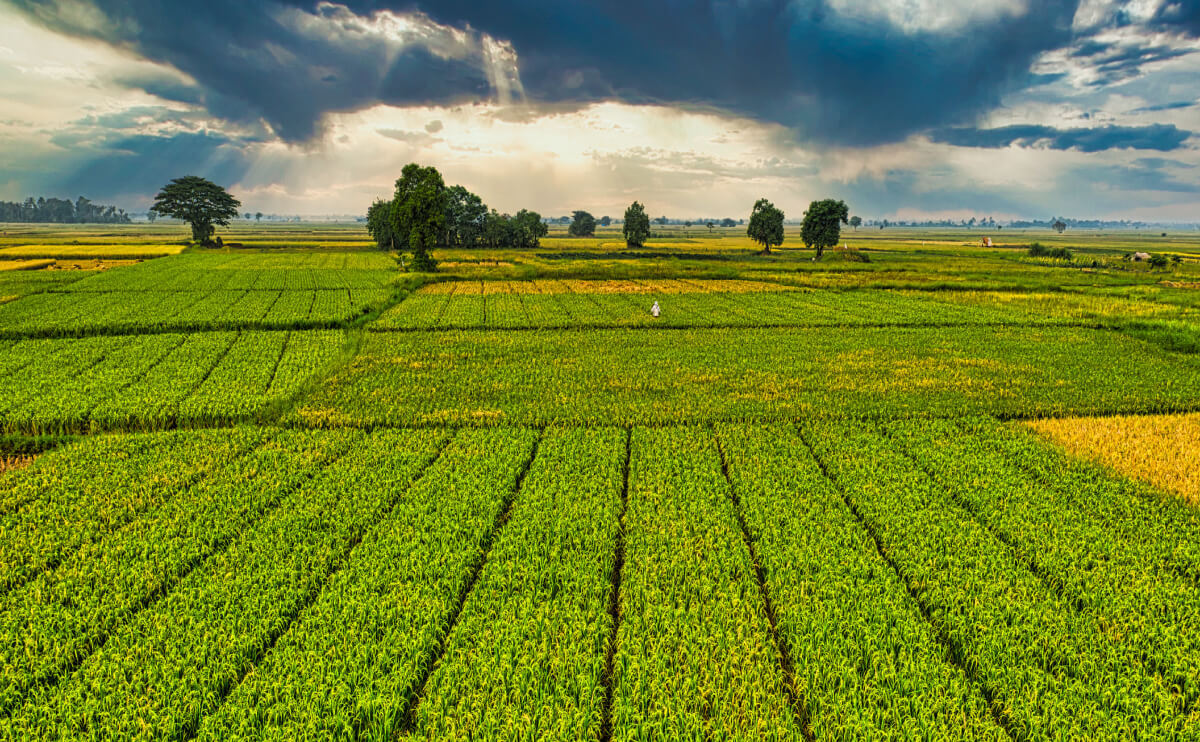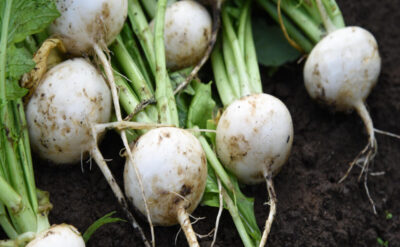Lebanon, with its long coastline along the Mediterranean Sea, has a strong farming history that has supported its people for thousands of years. From the fertile Bekaa Valley to the sloping hills of Mount Lebanon, farming is essential for Lebanon’s economy, culture, and food supply. In this article, we’ll look at why farming is so important in Lebanon and the difficulties and chances that farmers encounter.
Historical Roots:
Farming in Lebanon has a rich history dating back thousands of years to ancient civilizations like the Phoenicians. They grew olives, grapes, and wheat in fertile areas and along the coast. Over time, farming methods changed and expanded to fit Lebanon’s varied landscapes and weather. Nowadays, agriculture is still crucial in Lebanon, supporting many families and keeping its farming traditions alive.
Economic Contribution:
Farming and agriculture are big parts of Lebanon’s economy. They make up a significant chunk of the country’s overall income and employ many people. Agriculture includes growing crops, raising animals, and processing food. It’s essential for making sure there’s enough food for everyone and reduces the need to buy food from other countries. Also, farming helps rural areas grow by creating jobs and supporting local communities.

Cultural Significance:
Beyond its economic importance, farming and agriculture hold deep cultural significance in Lebanon. Traditional farming practices, such as terrace farming and crop rotation, have been passed down through generations and are integral to the country’s cultural identity. Agricultural festivals and celebrations, such as the annual grape harvest festival in the Bekaa Valley, showcase Lebanon’s agricultural heritage and bring communities together to celebrate the bounty of the land.
Challnges and Opportunitiese:
Political instability and conflict have disrupted agricultural activities and hindered investment in the sector. However, amidst these challenges, there are also opportunities for innovation and growth. Initiatives such as organic farming, agro-tourism, and value-added processing hold promise for revitalizing Lebanon’s agricultural sector and ensuring its long-term sustainability.
Conclusion:
Farming and agriculture are the backbone of Lebanon’s economy and culture, providing sustenance, livelihoods, and a connection to the land for generations of Lebanese people. As the country faces the challenges of the 21st century, it is essential to recognize the importance of supporting and investing in the agricultural sector to ensure food security, economic prosperity, and cultural continuity for future generations. By embracing innovation, sustainability, and collaboration, Lebanon can harness the power of farming and agriculture to cultivate a brighter future for all its citizens.










